Spinning Around
Allen & Unwin, $21.95 pb, 246 pp
Spinning Around by Catherine Jinks
Just cast your eyes over my domicile, will you? … Note the sticky patches on the kitchen floor, the fingermarks at knee level, the biscuit crumbs, the cockroach traps, the soggy fragment of chewed Cruskit on top of the video player, the doll’s house furniture and plush animals and frayed silk scarves and capless marking pens and bits of ribbon and Tonka trucks and broken Fisher-Price activity centres scattered all over every available surface. Note the big, nasty stain on the couch (blackcurrant juice), and the scribble on the wall.
If that reads like non-fiction, then this could be a book for you. Spinning Around, Catherine Jinks’s seventh novel, explores, exposes, and ultimately celebrates a woman’s transformation from well-groomed single to maternal mess. It is part domestic farce, part journey to greater contentment, which, Jinks suggests, is achieved by graciously riding the ‘swings and roundabouts’ of marriage and being less of a ‘miserable, long-faced party pooper’ and ‘more glass-half-fullish’.
Spinning Around is reminiscent of Allison Pearson’s I Don’t Know How She Does It (2002), the story of Kate Reddy, a full-time fund manager who also juggles a husband, a nanny, and two young children. The voice of both novels is confessional and conversational. Both use existing brand names as descriptors, employ time as a structural device – Jinks uses days, Pearson, hours – and end with a quick summary of a brighter future illuminated by enlightening experiences. They also open with very similar sentences and sentiments (Jinks: ‘How did I ever get into this mess?’ Pearson: ‘How did I get here?’), and in each novel there is a daughter named Emily, a younger son and a helpful, slightly hopeless husband with less earning power than his wife. It’s hard to tell if this is evidence of the genre’s inherent features, the ineluctable truth of the situations, or a happy coincidence.
Continue reading for only $10 per month. Subscribe and gain full access to Australian Book Review. Already a subscriber? Sign in. If you need assistance, feel free to contact us.


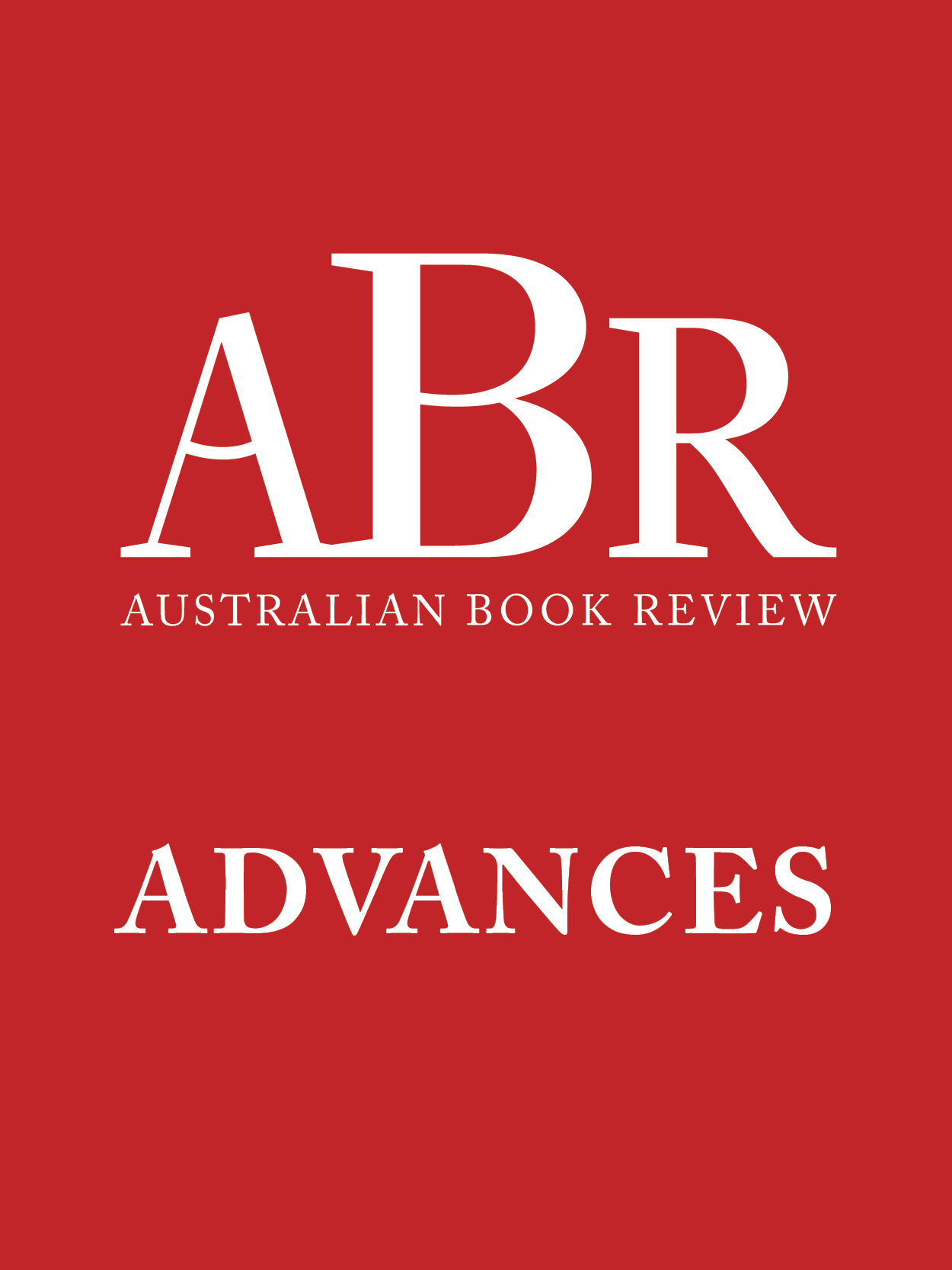


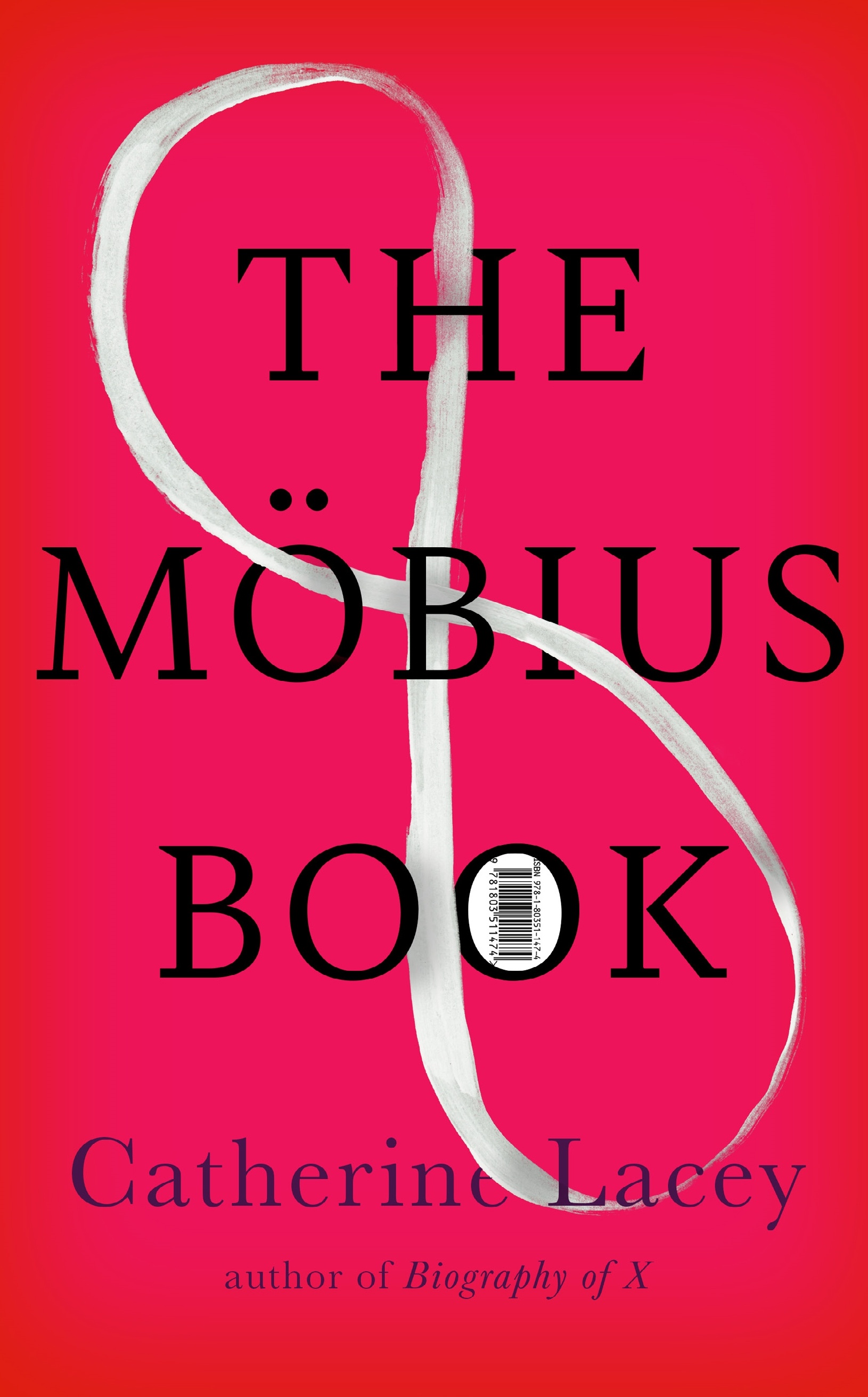

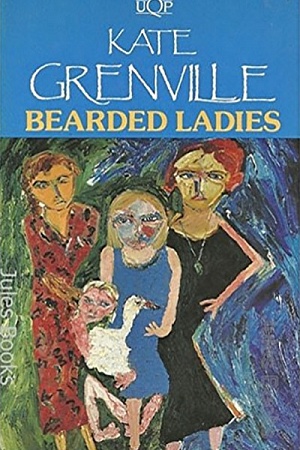
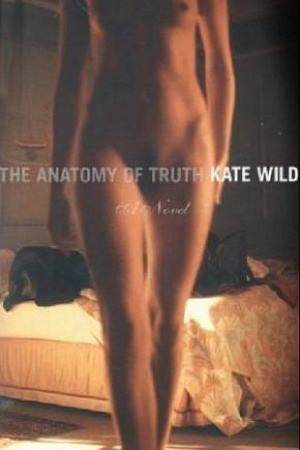
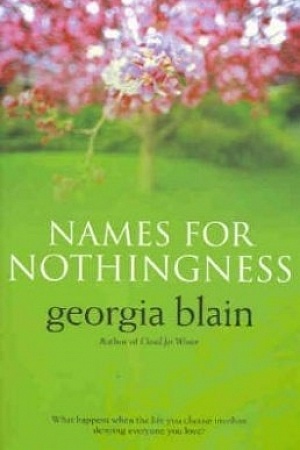
Leave a comment
If you are an ABR subscriber, you will need to sign in to post a comment.
If you have forgotten your sign in details, or if you receive an error message when trying to submit your comment, please email your comment (and the name of the article to which it relates) to ABR Comments. We will review your comment and, subject to approval, we will post it under your name.
Please note that all comments must be approved by ABR and comply with our Terms & Conditions.